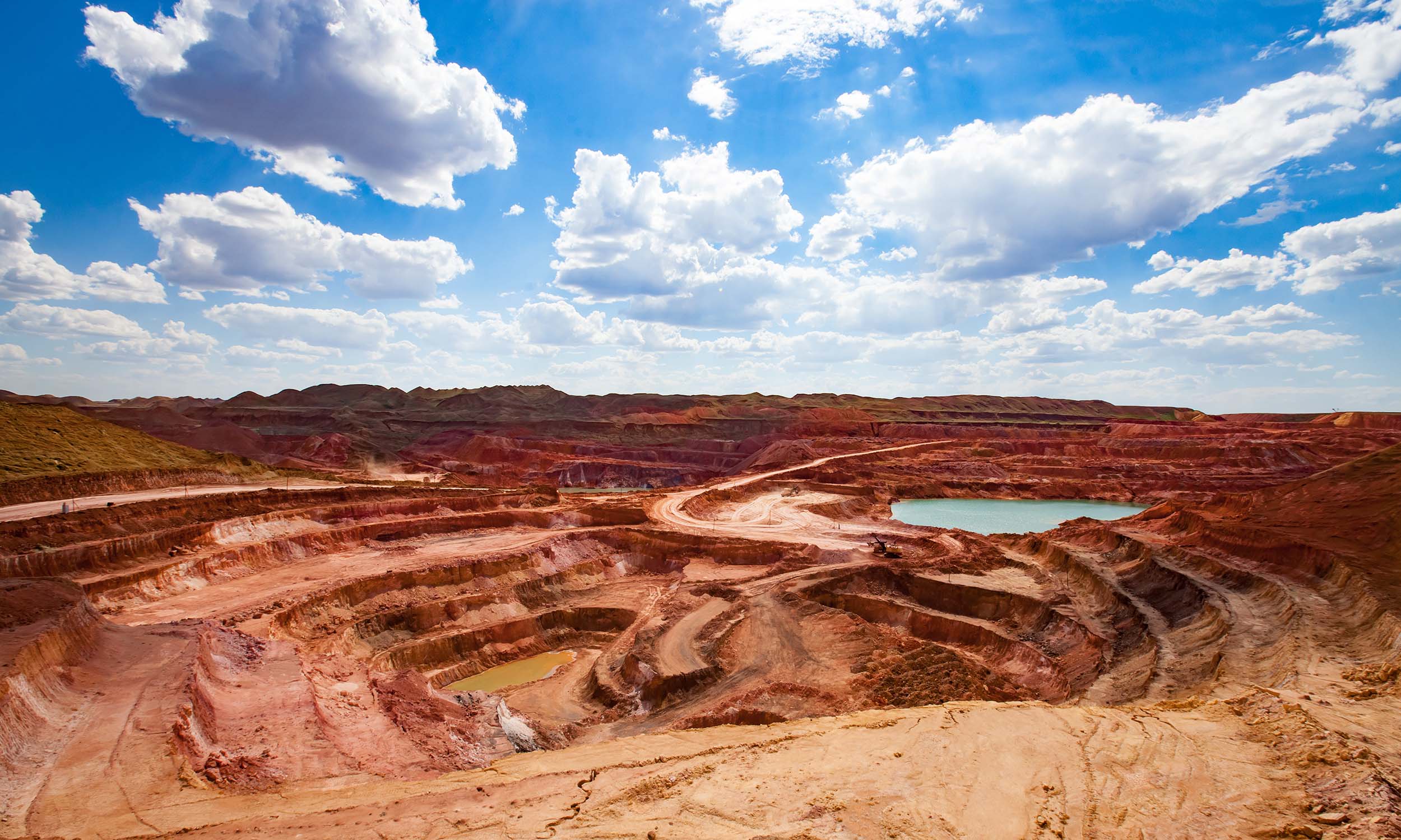Alumina refining and aluminum smelting are responsible for over 90% of the aluminum industry’s direct greenhouse gas emissions, and these processes are often powered by burning coal. If the indirect emissions from power generation are included, then these account for 70% of total (direct and indirect) aluminum production emissions. Switching to renewable energy to operate smelters and refineries is therefore essential for the aluminum industry to get on track with a Net Zero pathway.
Mining and refining bauxite, the raw input for aluminum, also presents environmental risks. Waste from bauxite mines can contaminate rivers, streams and groundwater sources that communities rely upon for household consumption and irrigation.
Refining bauxite into alumina produces large amounts of red mud, a highly hazardous material that, unless treated and stored properly, can pollute waterways and harm people who come into contact with it. For example, communities in northern Brazil are bringing a group-action lawsuit against an aluminum producer over pollution from the incorrect disposal of toxic waste.
The auto industry must leverage its considerable buying power to drive demand for fossil-free aluminum that doesn’t lead to environmental degradation.


